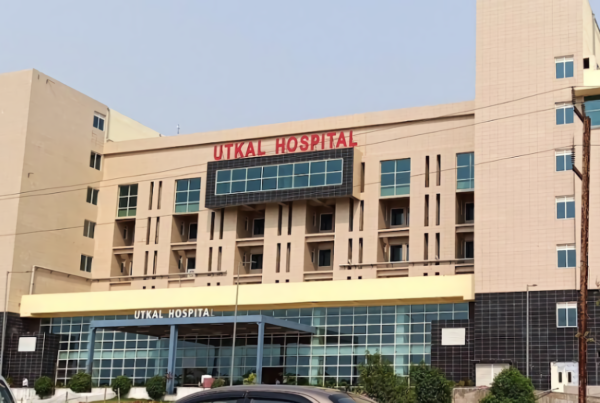Indian women, particularly in rural areas, face significant challenges related to malnutrition. This issue is rooted in a combination of factors:
- Inadequate Diets: Many women, especially in low-income households, have limited access to nutritious food. Cultural practices, economic constraints, and gender biases often prioritize men and children for better nutrition, leaving women with insufficient food intake.
- Anemia: A large number of Indian women suffer from iron-deficiency anemia due to poor dietary intake and inadequate access to healthcare. This leads to fatigue, weakness, and increased vulnerability to infections.
- Micronutrient Deficiencies: Apart from iron, deficiencies in other micronutrients like vitamin A, folic acid, and calcium are widespread, contributing to stunted growth, low birth weights, and complications during pregnancy and childbirth.
- Poor Reproductive Health: Malnutrition exacerbates pregnancy complications, affecting both the mother and child. Underweight women are more likely to experience preterm births, miscarriages, and maternal mortality.
- Social and Economic Barriers: Women’s roles in agriculture and household management often do not come with access to resources like land, education, and health services. These factors increase their vulnerability to malnutrition.
Despite progress in some areas, malnutrition among Indian women remains a major public health issue, requiring stronger social, economic, and healthcare reforms to address the root causes.



